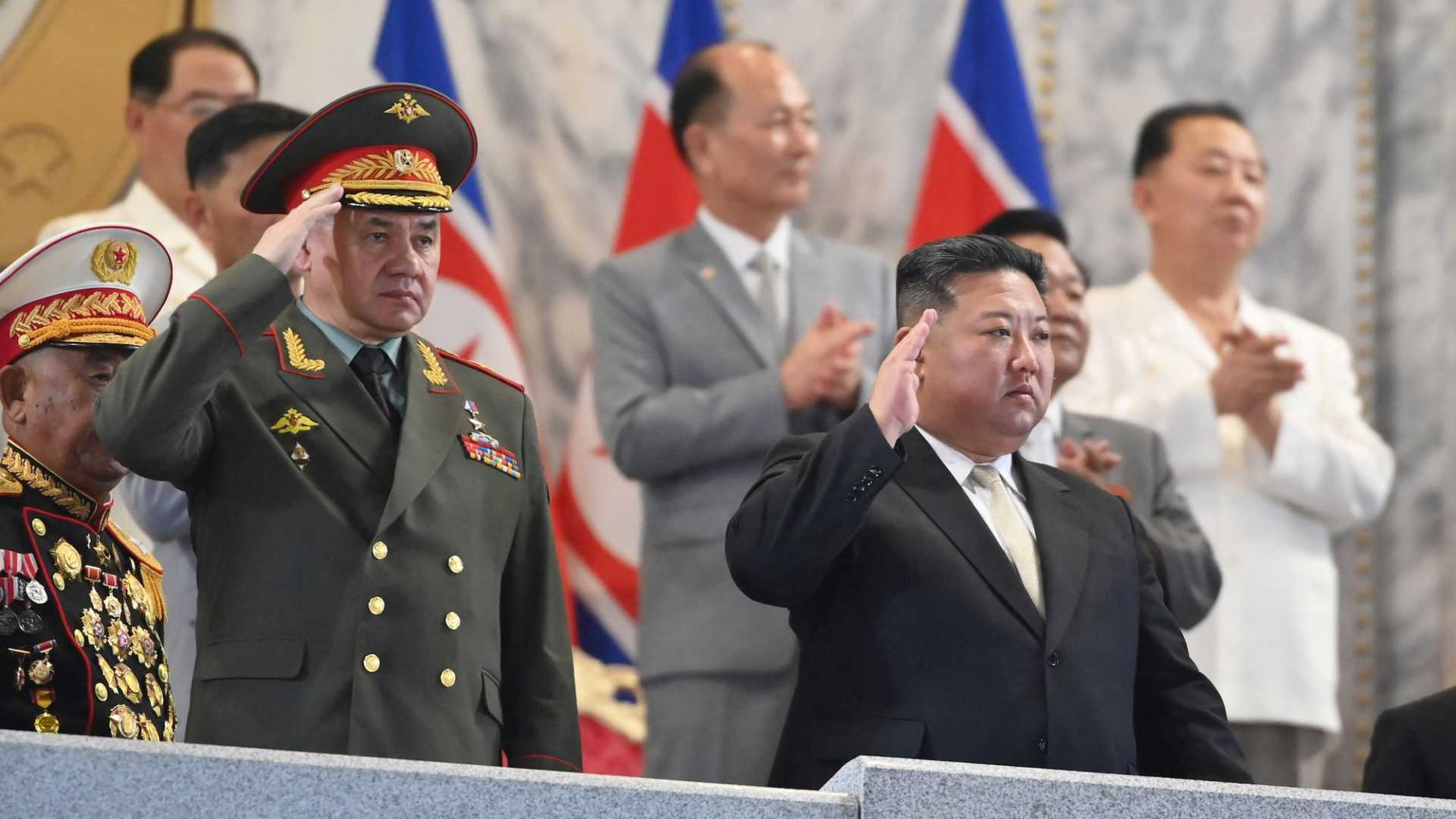World
North Korea Sends Workers to Support Russia in Ongoing Conflict

SEOUL, South Korea (AP) — North Korea will send thousands of military workers to assist in reconstruction efforts in Russia‘s Kursk region, a top Russian official announced Tuesday. This marks a significant development in the ongoing collaboration between the two nations amid the ongoing conflict in Ukraine.
According to Russian Security Council Secretary Sergey Shoigu, North Korean leader Kim Jong Un has decided to dispatch 1,000 deminers to clear mines and 5,000 military construction workers to restore infrastructure in the area. This information was reported by Russia’s state news agency, Tass.
“Following the expulsion of invaders from Russian soil, we’ve agreed to continue our constructive cooperation,” Shoigu said. He characterized the assistance as “brotherly aid” from the Korean people.
Russia and North Korea have deepened their ties significantly in recent years, partially due to both countries facing challenges from the U.S. and its allies. Shoigu noted that both nations agreed to erect memorials to honor North Korean soldiers who died in the Kursk region.
North Korea’s official Korean Central News Agency confirmed that Kim expressed unwavering support for Russia’s efforts to defend its sovereignty, though they did not specifically mention the construction workers and deminers as detailed by Russian media.
South Korea’s Foreign Ministry expressed grave concerns about the collaboration between Russia and North Korea. In a statement, the U.S. State Department described the reliance of North Korea on Russia for military assistance as “deeply concerning.”
Intelligence reports indicate that around 15,000 North Korean military personnel have been deployed in support of Russian forces since the start of the conflict. The U.K.’s Ministry of Defense recently estimated that North Korea has suffered over 6,000 casualties as it assists Russian operations against Ukraine.
As the conflict continues, concerns grow about how this military cooperation will impact security dynamics in the region, particularly on the Korean Peninsula.












